
.jpg)
10 Myths About Organic Produce You Need to Stop Believing Today
Organic produce has gained immense popularity, yet myths surrounding it continue to cause confusion. Some of these misconceptions discourage people from choosing organic, while others simply misrepresent what organic farming stands for. Let’s bust some of the most common myths about organic produce and uncover the truth—with examples to help you make informed decisions.
1. Myth: Organic Produce Is Always 100% Free from Pesticides
Truth: Organic farming uses naturally derived pesticides like neem oil, pyrethrin (from chrysanthemum flowers), and copper sulfate. These are safe and approved under organic certification. For instance, a farmer growing organic tomatoes may spray neem-based insect repellents to protect the crop from aphids. These natural pesticides degrade faster and are safer compared to synthetic alternatives.
2. Myth: Organic Produce Will Always Be Small in Size
Truth: The size of organic produce depends on factors like soil health and farming practices—not whether it’s organic. Organic watermelons, for example, can grow just as large and juicy as conventionally grown ones when cultivated under optimal conditions. Similarly, organic brinjals (eggplants) often match the size of their conventional counterparts.
3. Myth: Organic Farming Is Not Productive Enough to Feed the World
Truth: Organic farming can be as productive as conventional methods with the right techniques. A case study in Andhra Pradesh demonstrated that organic rice cultivated using the System of Rice Intensification (SRI) technique produced yields comparable to conventional farming while requiring less water and improving soil fertility.
4. Myth: Organic Produce Is Too Expensive for What It Offers
Truth: Organic farming involves manual weeding, composting, high logistical cost, and strict certification processes, which contribute to higher costs. For example, organic bananas may cost ₹20–₹40 more per kilogram than conventional ones. However, this price difference supports eco-friendly farming practices, reduced chemical usage, and healthier ecosystems—benefits worth paying for.
5. Myth: Organic Produce Looks Worse Than Conventional Produce
Truth: Organic fruits and vegetables may have minor blemishes because they aren’t treated with synthetic waxes or fungicides, but this doesn’t affect their quality or taste. For example, organic apples might lack the shiny coating you see on conventional ones, but they’re just as crisp, juicy, and delicious—if not more so.
6. Myth: Hydroponics Is Organic Farming
Truth: Hydroponics, while efficient and soil-free, is not considered organic because it often relies on synthetic nutrient solutions. For example, leafy greens like lettuce grown hydroponically may use chemical fertilizers dissolved in water to provide nutrients, which disqualifies them from being labeled as organic. True organic farming emphasizes soil health, natural inputs, and biodiversity.
7. Myth: Organic Farming Is Bad for the Environment Due to Lower Yields
Truth: Organic farming enhances biodiversity and supports sustainable practices, often benefiting the environment more than conventional farming. A study in Maharashtra showed that organic sugarcane farming using green manure and intercropping improved biodiversity by attracting beneficial insects and birds.
8. Myth: Organic Produce Is Just a Marketing Gimmick
Truth: Certified organic products undergo rigorous checks to comply with standards like the National Programme for Organic Production (NPOP) in India. These certifications ensure that organic produce is free from GMOs, synthetic chemicals, and harmful additives.
9. Myth: Organic Produce Is Completely Free of GMOs
Truth: Certified organic products are guaranteed to be GMO-free. For instance, organic soybeans sold in India are non-GMO, unlike some conventional soy varieties that include genetically modified strains. Certification ensures the seeds and farming practices avoid genetic modification. For example, organic soybeans sold in India comply with non-GMO standards, unlike some conventional soy varieties that may include genetically modified strains.
10. Washing conventional produce makes it as safe as organic
Fact: Washing can remove surface residues, but it cannot eliminate systemic chemicals absorbed by the plant. Organic farming avoids these synthetic chemicals altogether, making it a safer choice overall. For instance, synthetic pesticides used on conventional spinach or apples penetrate the plant tissues, whereas organic farming avoids such chemicals altogether, offering a safer choice.
Why Busting These Myths Matters
Organic farming is about more than just the food on your plate—it’s about sustainability, biodiversity, and long-term health benefits. From Northeast India’s push to become 100% organic to local farmers’ markets in cities like Bengaluru and Pune, the organic movement is thriving and reshaping agriculture.
Next time you choose organic carrots or spinach, remember: it’s not just about avoiding chemicals—it’s about supporting healthier farming practices and making choices that benefit both people and the planet.

Tags: 10 Myths About Organic Produce You Need to Stop Believing Today


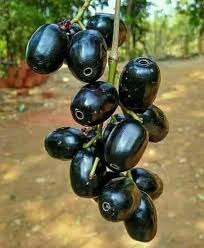

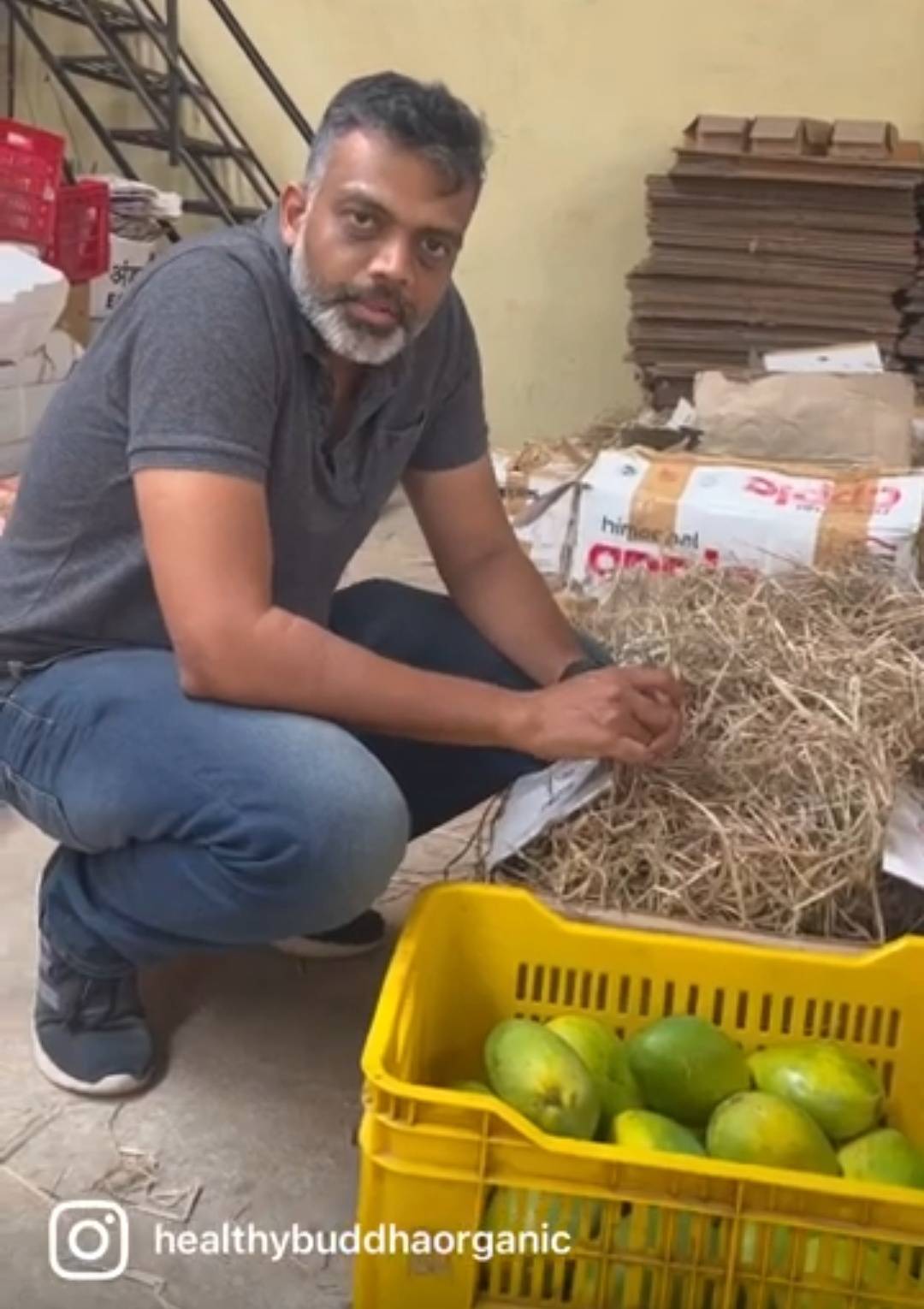
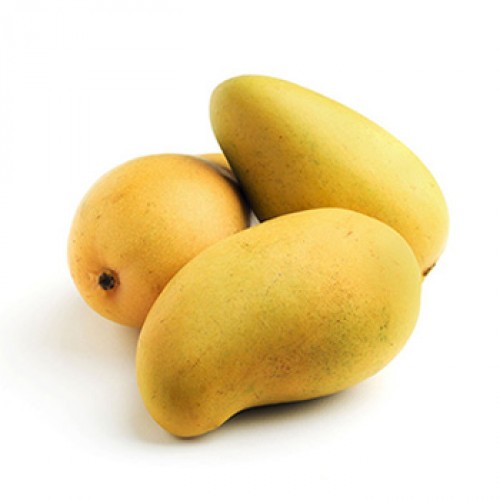
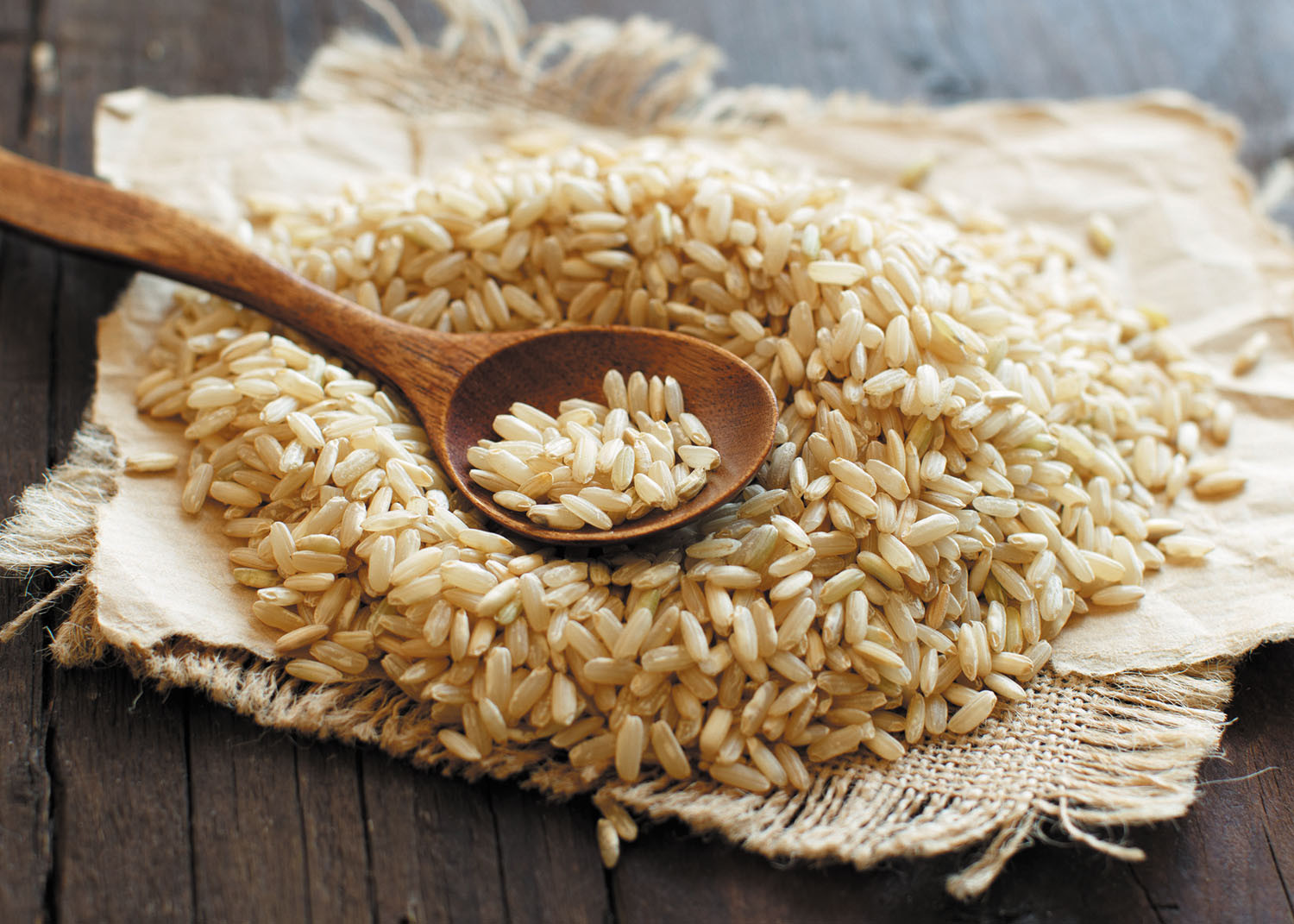

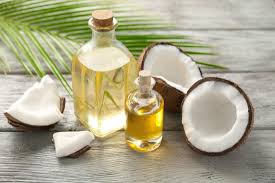

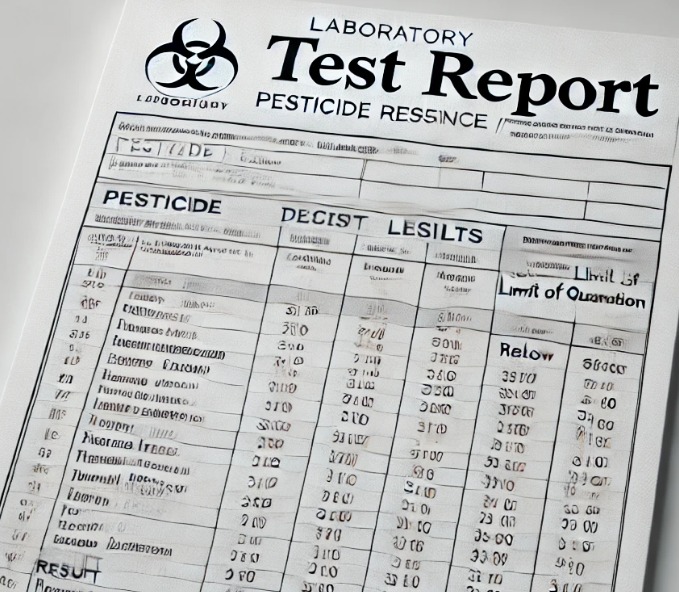

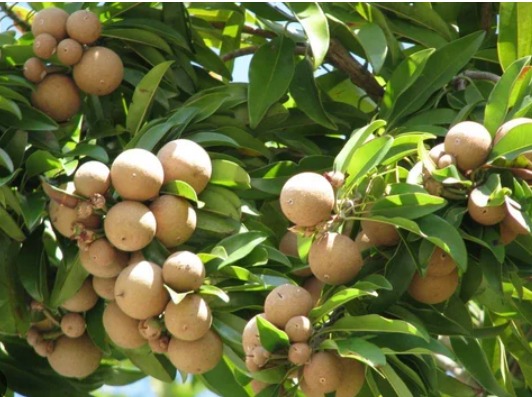
.jpg)


